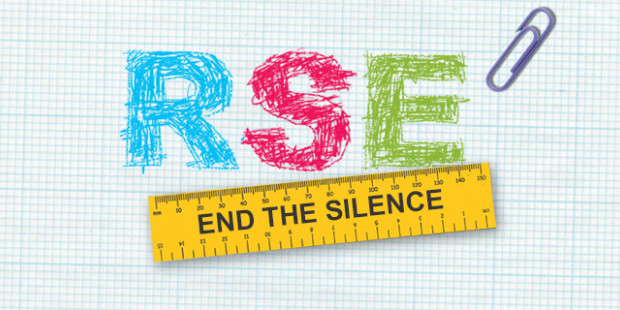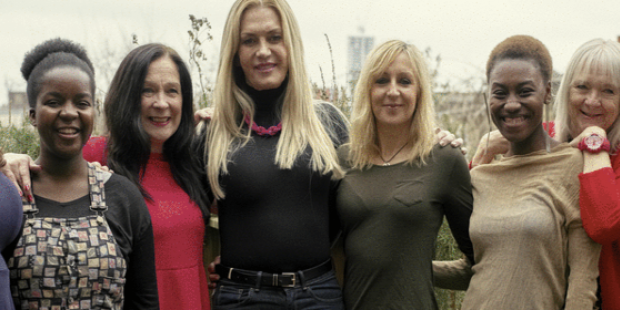With the festive break now behind us, we’re gearing up to build on our successes from 2017 and make this year an even bigger year for our campaigns work. Here are the top five challenges 2018 will bring for HIV and sexual health across England, Scotland and Wales:
1. An end to the HIV epidemic?
In 2017, we saw an 18% decline in new HIV diagnoses in the UK, which continued the recent trend in a fall in diagnoses. We now have the tools to end the HIV epidemic, including more advanced HIV tests, the HIV prevention pill PrEP (pre-exposure prophylaxis) and the confidence that people on effective treatment cannot pass on the virus.
Despite all that, there’s a lack of concentrated efforts across the UK to bring the number of new infections down to zero.
We want to change that! That’s why, this year, we’ll be kickstarting our focus on getting the number to zero. This requires a joined-up approach, from the top of national and devolved governments to local organisations providing services on the ground.
Over the past decades, the UK has been at the forefront of the HIV epidemic, from initiating clean needle exchange programmes in the late 1980s to introducing the immediate initiation of HIV treatment upon being diagnosed. However, we mustn’t lose sight of the end goal. We’ll continue to work towards making zero new infections the number one priority for everyone involved in shaping the UK’s HIV response.
2. Properly funded HIV and sexual health services
We’ve been working alongside others to campaign against cuts to HIV and sexual health services for a number of years. These cuts are short-sighted and will not only impact individuals, but will lead to increased longer-term costs for local authorities and the NHS. In 2017, the Local Government Association described sexual health services as being at a ‘tipping point’.
April 2019 will see an end to the ring-fencing of local authority public health budgets in England, which is likely to result in unprecedented pressures on services. Although funding arrangements in Wales and Scotland are different, continued pressures on public health spending are impacting on service provision. In Wales, this is made worse by the patchy access to services, including large rural areas where people have to travel long distances to access them.
We’re currently researching the experiences that people in Wales have of using sexual health services and this year we’ll be using the findings from this to support our campaigning work in this area.
We’ve welcomed the use of technology within HIV and sexual health services, for example HIV and STI home testing kits provided by the NHS. However, this cannot be used as a simple cost-saving exercise to replace frontline services. HIV remains a complex health condition and we must ensure that people have the information and support they need, wherever they are.
3. Getting LGBT-inclusive SRE firmly on the timetable
As highlighted in our round-up of campaigns and policy successes in 2017, we welcomed the UK Government’s move to make relationships and sex education (RSE) compulsory in all secondary schools in England. We also endorsed the conclusions of an Expert Advisory Group on SRE to the Welsh Government which recommended the subject become compulsory along with specialist teacher training. Now, the real challenge is turning these high level policy changes and recommendations into reality for all young people.
The UK Government has issued a call for evidence for both young people and the general public on what an ideal RSE lesson should look like. This is an important opportunity to shape the guidance that will be issued to schools and underpin what lessons should be comprised of.
We’ll be submitting evidence in the next few weeks and will be encouraging young people to have their say. However, there remain key questions on what funding will be available for teachers and resources needed to deliver RSE in classrooms.
The Welsh Government Cabinet Secretary for Education is expected to respond to the expert group’s recommendations early this year. If the recommendation to make Sex and Relationships Education compulsory is accepted, then the next steps will be to define what this should look like, how it will be built into the curriculum, and what training and resources the teaching profession needs.
4. Access to PrEP
There are several key questions that remain unanswered about the ongoing NHS England PrEP trial, which is set to last for at least another two years. The next 12 months are crucial for ensuring that those who could benefit from accessing PrEP have the opportunity to participate in the trial, including women and the trans community.
NHS England has yet to provide information on what happens when the trial fills up and what the next steps are after the trial ends. Ultimately, we want to see PrEP routinely available on the NHS and will continue to campaign for this to be a reality.
We’ll work with our partners and through the United4PrEP coalition, to stand together and hold NHS England to account on the aims of the trial.
In Wales, we’ve been encouraged by the take-up of PrEP so far, but we will continue to work to ensure that everyone who could benefit from PrEP has access to it. With patchy sexual health provision and some areas in Wales having no statutory sexual health services at all, this is a challenge that we'll keep addressing with our partners as the study progresses.
5. Women and HIV: Invisible no longer
Around one third of people living with HIV in the UK are women, and a quarter of all new HIV diagnoses are in women. Yet women living with and affected by HIV have been mainly invisible in the narrative and response to HIV in the UK.
In April 2018, we are excited to join the Sophia Forum to launch a report sharing the findings of our one-year joint project, exploring what it means to be a woman at risk of, affected by, or living with HIV in the UK. The aim of this report is to help ensure women are properly represented when it comes to HIV, and will include clear recommendations for the policies and services which women living with HIV need.




